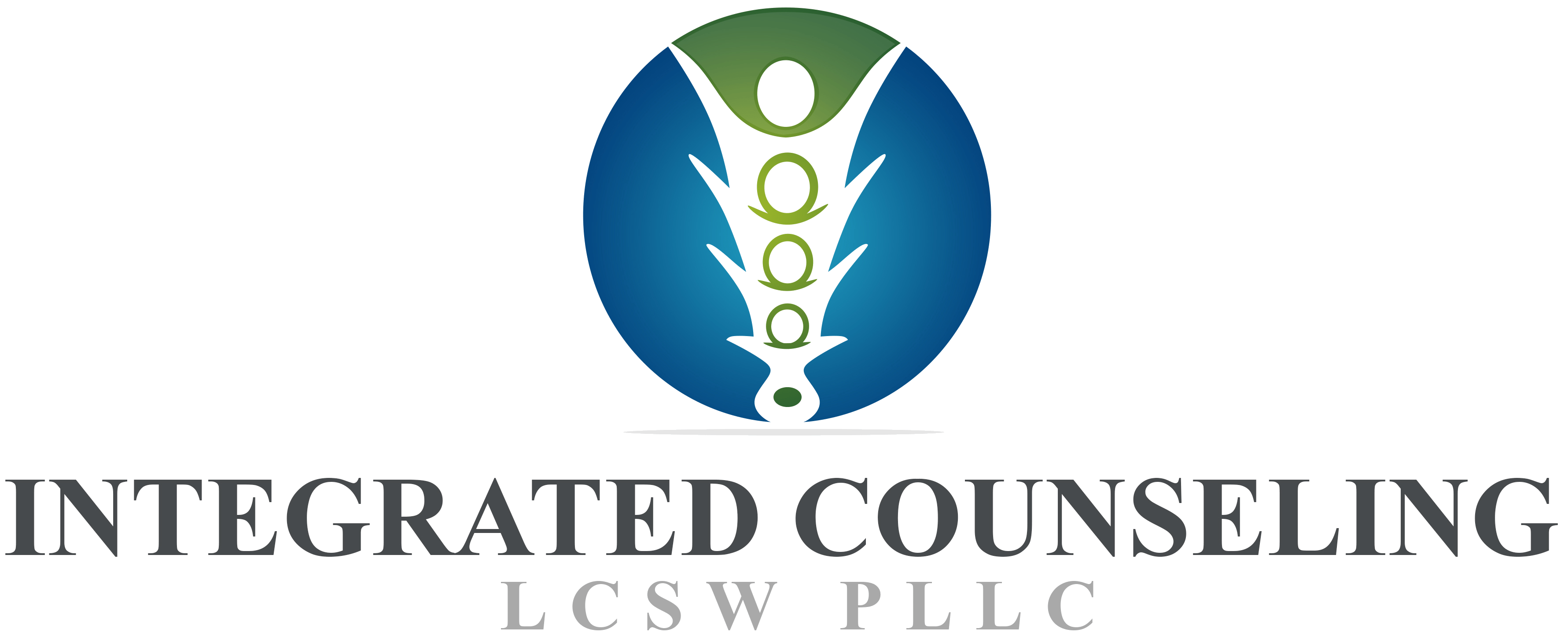FAMILY PSYCOLOGY SOLUTIONS
Family psychology is a specialized field within psychology that focuses on understanding and addressing the dynamics and challenges that occur within families. As a family psychologist, your role is to work with families to improve communication, resolve conflicts, strengthen relationships, and promote overall family well-being.
In family psychology, you would typically begin by conducting an initial assessment to gain a comprehensive understanding of the family system, individual family members’ needs, and the specific issues they are facing. This assessment helps you tailor the therapy approach to their unique circumstances. Throughout the therapy process, you would utilize various therapeutic techniques and interventions to promote positive change and enhance family functioning.

Counselling Process
Key components of family psychology include:
- Family Assessment: Conducting a comprehensive assessment to understand the family system, including its structure, communication patterns, roles, and strengths. This assessment helps identify areas for improvement and guides the treatment plan.
- Communication and Conflict Resolution: Assisting family members in improving communication skills and resolving conflicts constructively. This includes teaching active listening, promoting empathy, and helping family members express their needs and concerns effectively.
- Family Systems Theory: Applying the principles of family systems theory, which views the family as an interconnected system where changes in one member affect the entire family. This approach helps identify and address patterns, roles, and dynamics that may contribute to relational difficulties.
- Parenting and Co-Parenting Support: Providing guidance and support to parents in developing effective parenting strategies, enhancing parenting skills, and promoting positive parent-child relationships. This may involve addressing discipline issues, improving communication with children, and fostering a nurturing family environment.
- Family Rituals and Boundaries: Assisting families in establishing healthy boundaries and creating meaningful family rituals and traditions. This helps promote a sense of belonging, stability, and shared experiences within the family.
- Emotional Support and Resilience: Supporting family members in managing and expressing emotions effectively. This may involve helping family members navigate transitions, cope with stressors, and develop resilience in the face of challenges.
- Blended Family and Stepfamily Dynamics: Addressing the unique challenges that arise in blended families or stepfamilies. This includes working on issues related to co-parenting, sibling relationships, and adjusting to new family dynamics.
- Family Crisis and Trauma: Providing support and interventions to families experiencing crisis situations or traumatic events. This involves helping families navigate the emotional impact of crises or traumas and facilitating the healing process.
The goal of family psychology is to enhance family relationships, improve communication, and foster a supportive and nurturing family environment. By addressing underlying issues, improving family dynamics, and promoting healthy coping strategies, family psychology aims to strengthen the family unit, increase individual and collective well-being, and build resilience within the family system.

